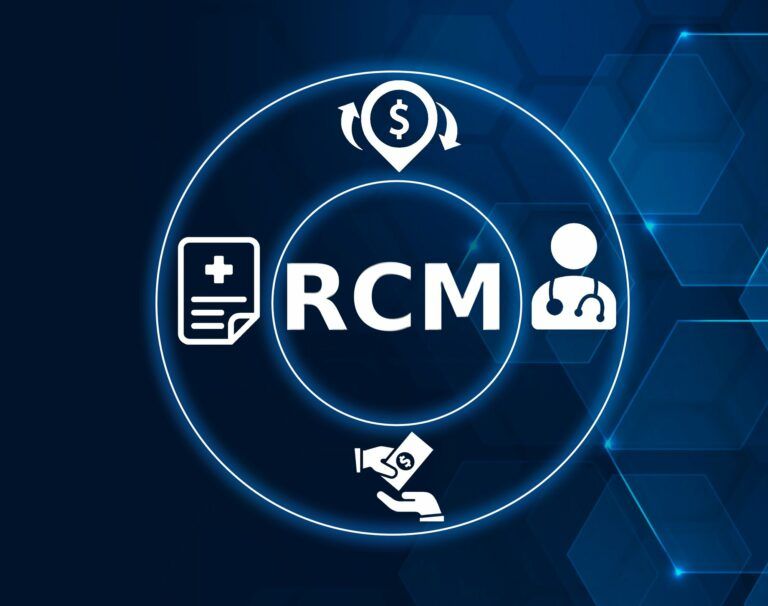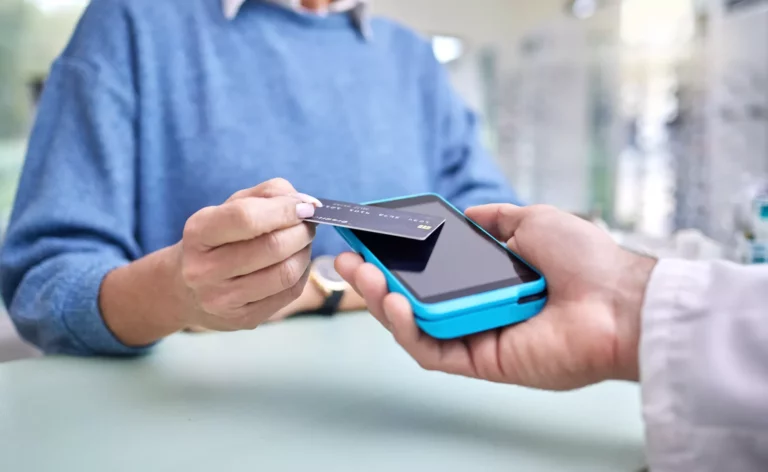The oldest baby boomers will turn 80 in 2025.
The healthcare industry is already feeling the strain of dealing with this aging generation. Both providers and the government must find solid ways to deal with the rising costs and more delicate needs of patients.
And especially in this unstable economy, most baby boomers with fixed retirement funds might find it hard to deal with healthcare bills if left alone.
Tech solutions can lend a big hand in alleviating some of the upcoming challenges for baby boomers and healthcare—luckily, and contrary to popular opinion, baby boomers are already very used to modern technology.
Let’s review the difficulties that lie ahead for the healthcare industry with regards to baby boomers, and offer a few ways in which technology can help overcome them.
The Baby Boomer Generation
As one of the largest generations in U.S. history, baby boomers are not your stereotypical senior citizens. Boomers today are more active and tech-savvy than aging generations before—you’ll find 78% of boomers online, with many referring to themselves as “heavy internet users.”
When it comes to technology, baby boomers mostly look for:
- Technology that empowers them to age well at home.
- Finance apps to easily manage wealth and portfolios.
- Health and wellness tools to manage their medical needs.
Not unlike Gen Z, Baby Boomers want to actively engage in their healthcare and the overall healthcare experience.
One study found that competence in navigating the healthcare experience played a critical role in successful aging. Providers must be prepared to foster a transparent, communicative, and collaborative environment for their older patients.
The Pending Retirement Wave
Never before in U.S. history have older people outnumbered children, as the U.S. Census Bureau projects will be the case in 2030.
One piece of economic research refers to this shift as “The Great Retirement Boom,” with a huge impact brought upon by the pandemic. Before, the population of retired baby boomers typically rose by about 1.5%-2.5% per year. In 2020, the retired boomer population rose by 3.2%.
Add to that a healthcare labor shortage, and the changing age demographics could push an already taxed healthcare system to the brink. Older Americans have greater healthcare needs and are more likely to have chronic conditions that require long-term care.
And with 10,000 baby boomers aging into retirement each year, the healthcare industry is bracing for the impact.
The Sweeping Impact on U.S. Healthcare
Over the next decade, the baby boomer generation will reshape the healthcare landscape and present a surge in demand that will significantly affect the existing healthcare infrastructure.
But that’s not all there is to it—here are a few of the challenges that the healthcare industry will face when it comes to baby boomers.
Rising Healthcare Costs
There’s no two ways about it: baby boomers are fueling the increase in healthcare spending.
As they age, they’re more likely to deal with complex health issues and chronic illnesses. Treating them will require ongoing care, medication, and specialized treatments, all contributing to already rising healthcare costs.
As insurers respond to higher healthcare expenses, premiums for private healthcare plans may increase. Also, the government-funded Medicare program will face increased strain as more baby boomers become eligible for services.
For providers, this means finding ways to adapt to higher costs, while providing adequate care for their patients.
Staffing and Specialization
The healthcare labor shortage is already looking dire, with a shortage of both physicians and nurses predicted in the 2030s.
Aging baby boomers will demand additional healthcare professionals, a distinct need for assisted living facilities and staff, and specialties like cardiology or orthopedics to help patients with concurrent conditions.
The home healthcare sector will also see a dramatic rise. According to the Bureau of Labor Statistics, home health aide positions are expected to grow by 22%, which is far above average.
Like nurses and physicians, there will also be a vacuum for critical positions like home health aides and nursing assistants, with a predicted shortage of 3.2 million workers within five years.
Infrastructure and Facilities
Today’s healthcare infrastructure is ill-equipped to handle the millions of adults who will need day-to-day care.
From 1959-2014, life expectancy rose by nearly a decade. Historically, long-term care was provided by a spouse, children, or family members. But baby boomers have fewer children than their parents, suggesting a gap in familial caregiving.
Couple this fact with a much longer life expectancy than previous generations, and there is an anticipated demand for assisted living facilities and specialized healthcare centers, as well as home healthcare options. About 70% of people over age 65 are expected to need some form of long-term care before they die.
These infrastructures must evolve to meet the expanding expectations of baby boomers and healthcare needs, meeting their preferences for traditional care without sacrificing modern conveniences.
The Importance of Tech Adoption
Now is the time for healthcare providers to leverage technology for cost-effective and efficient patient care.
Digital health innovations like telehealth, AI diagnostics, and digital patient payment solutions have become necessary to prepare for the staggering new flow of baby boomers. And they all have proven to improve efficiency, with lower net costs.
In fact, digital patient payment solutions can not only save on costs and resources, but also add to the bottom line by promoting a seamless experience for patients—who ultimately remain loyal to providers who do things the right way.
And remember: baby boomers are tech-ready.
Optimizing resources while elevating the patient healthcare experience is possible thanks to innovative patient payment solutions like AccessOne’s MobilePay.
Smart patient financing is also key to provide proper care for baby boomers (and all patients). With an unstable economic environment, a fixed income will only stretch so far. One of AccessOne’s most recent surveys reported that 48% of baby boomers were likely to delay healthcare expenses in 2023.
Mitigating financial stress is essential to patient satisfaction—AccessOne’s tailored financial tools allow baby boomers to access the care they need without crippling financial anxiety.
Take on Tomorrow’s Challenges Today
Successfully managing the challenges in healthcare that come with aging baby boomers will be hard.
But there is a way, and the right technology is part of it.
Embracing digital solutions, understanding the unique healthcare needs of baby boomers, and catering to their preferences are essential to pull through.
The key is to maintain an exceptional patient financial experience.
Equip your healthcare facility with the technology and seamless payment experience baby boomers need and deserve. Get in touch with AccessOne to schedule your demo today.


